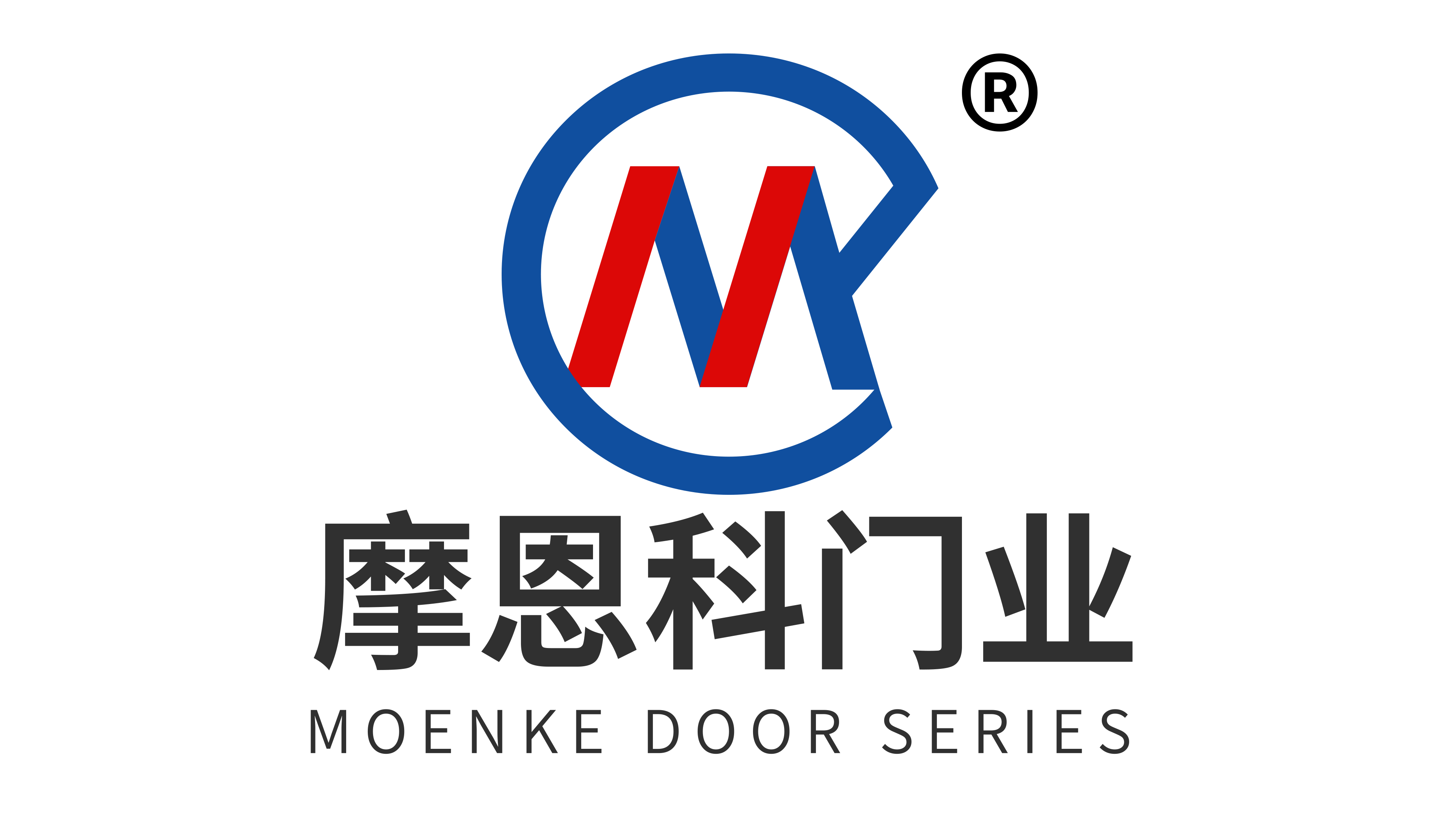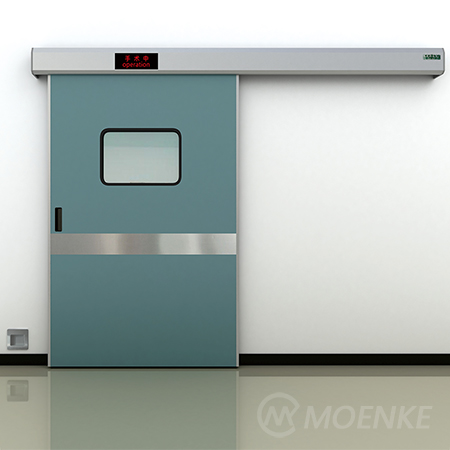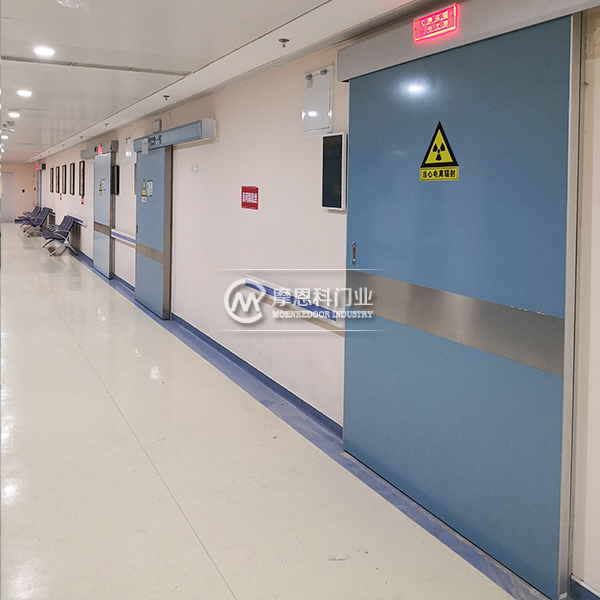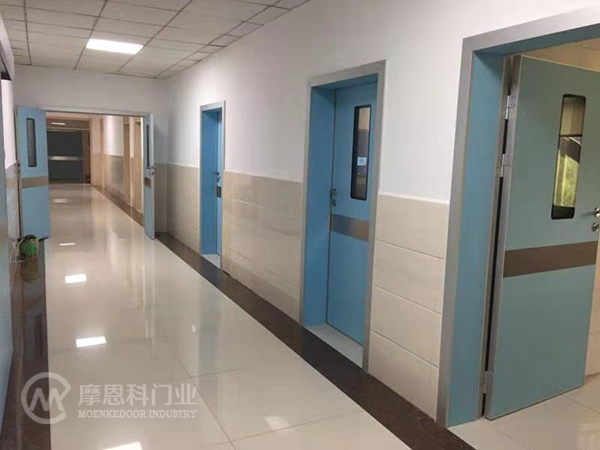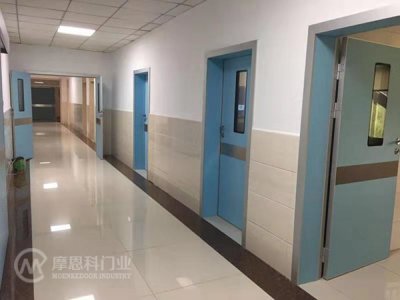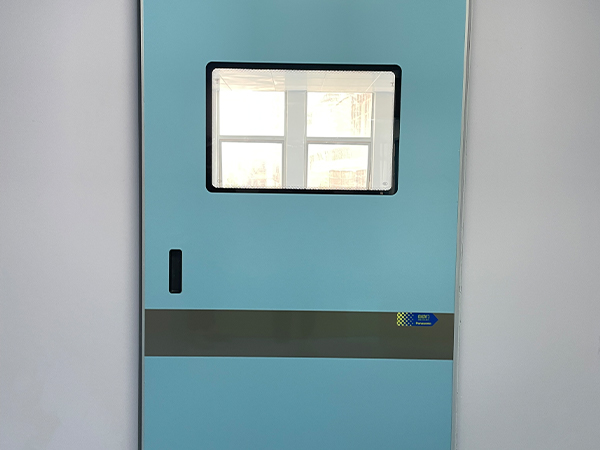
Characteristics and advantages of medical resin doors: Medical resin doors are a specialized category of products used in medical institutions, usually made of high-strength and corrosion-resistant resin materials. It has the following characteristics and advantages:
1. Antibacterial and antibacterial properties: Medical resin doors have excellent antibacterial and antibacterial properties, which can effectively promote the growth and spread of microorganisms such as bacteria, fungi, and viruses, and are conducive to maintaining the hygiene and safety of the medical environment.
2. Corrosion resistance: Due to the frequent use of disinfectants and chemicals for cleaning and disinfection in medical institutions, medical resin doors have good corrosion resistance and can resist the erosion of acidic and alkaline chemicals on the door body, extending its service life.
3. Sealing performance: Medical resin doors usually have good sealing performance, which can effectively block the entry of external environment such as noise, odor, and dust, and is conducive to maintaining the comfort and cleanliness of medical areas.
4. Lightweight and durable: Compared to traditional metal door materials, medical resin doors have the characteristics of being relatively lightweight and more convenient and flexible to use. At the same time, they also have high durability and can withstand frequent daily opening and closing operations, reducing the need for maintenance and replacement.
5. Beautiful appearance: Medical resin doors can offer a variety of colors and design styles to match the overall decoration style of medical institutions, creating a warm and tidy medical environment.
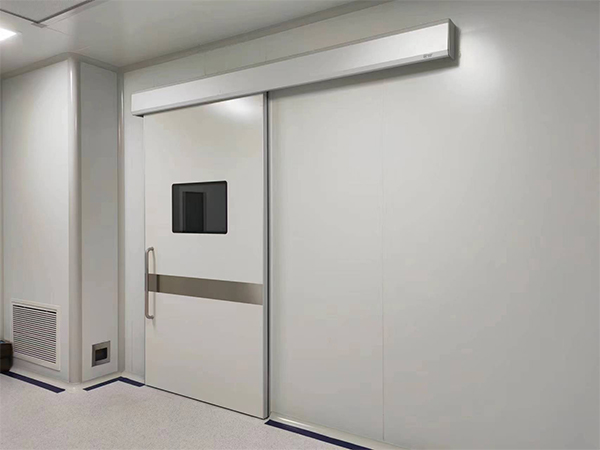
In short, medical doors have important application value in medical institutions. They have advantages such as antibacterial, corrosion-resistant, good sealing performance, lightweight and durable, which can meet the special needs of medical environments for access control materials, improve the hygiene standards of medical areas, and also increase the comfort of patients and medical staff. When selecting and installing, attention should be paid to choosing qualified products that meet the relevant standards and specifications of the medical industry, and following the correct installation and maintenance methods to ensure their stability, safety, and durability.
